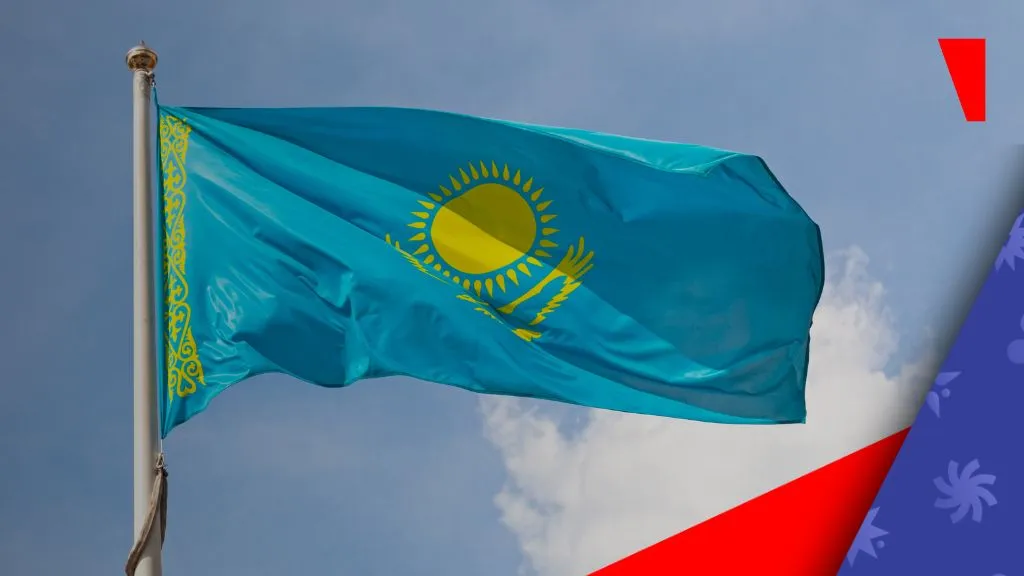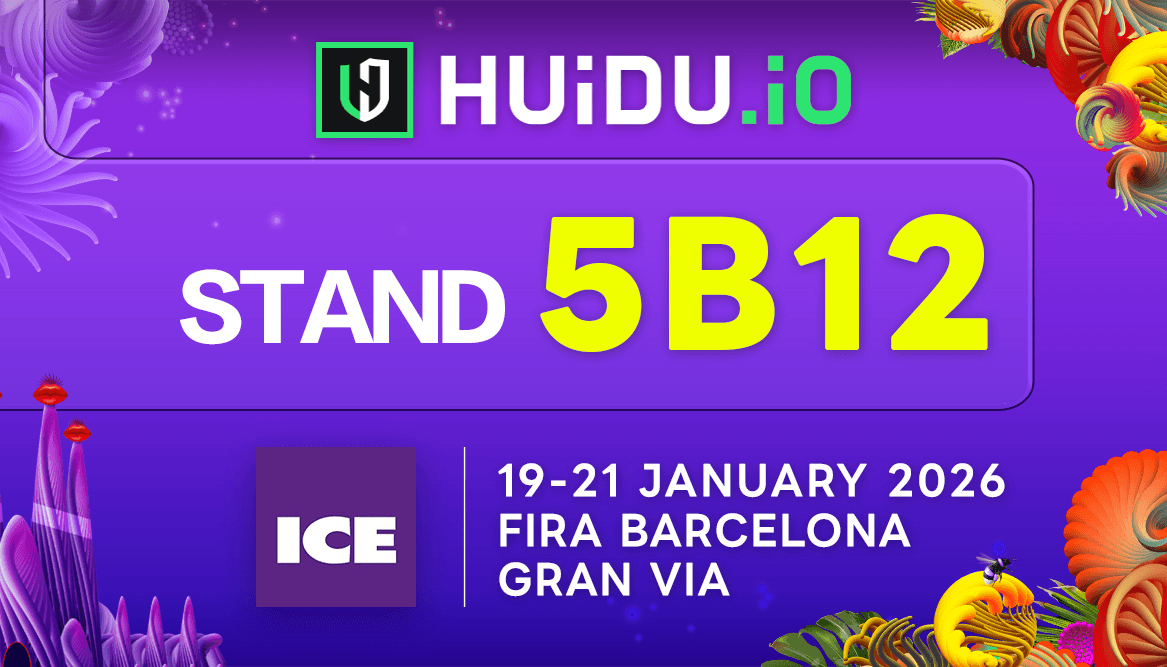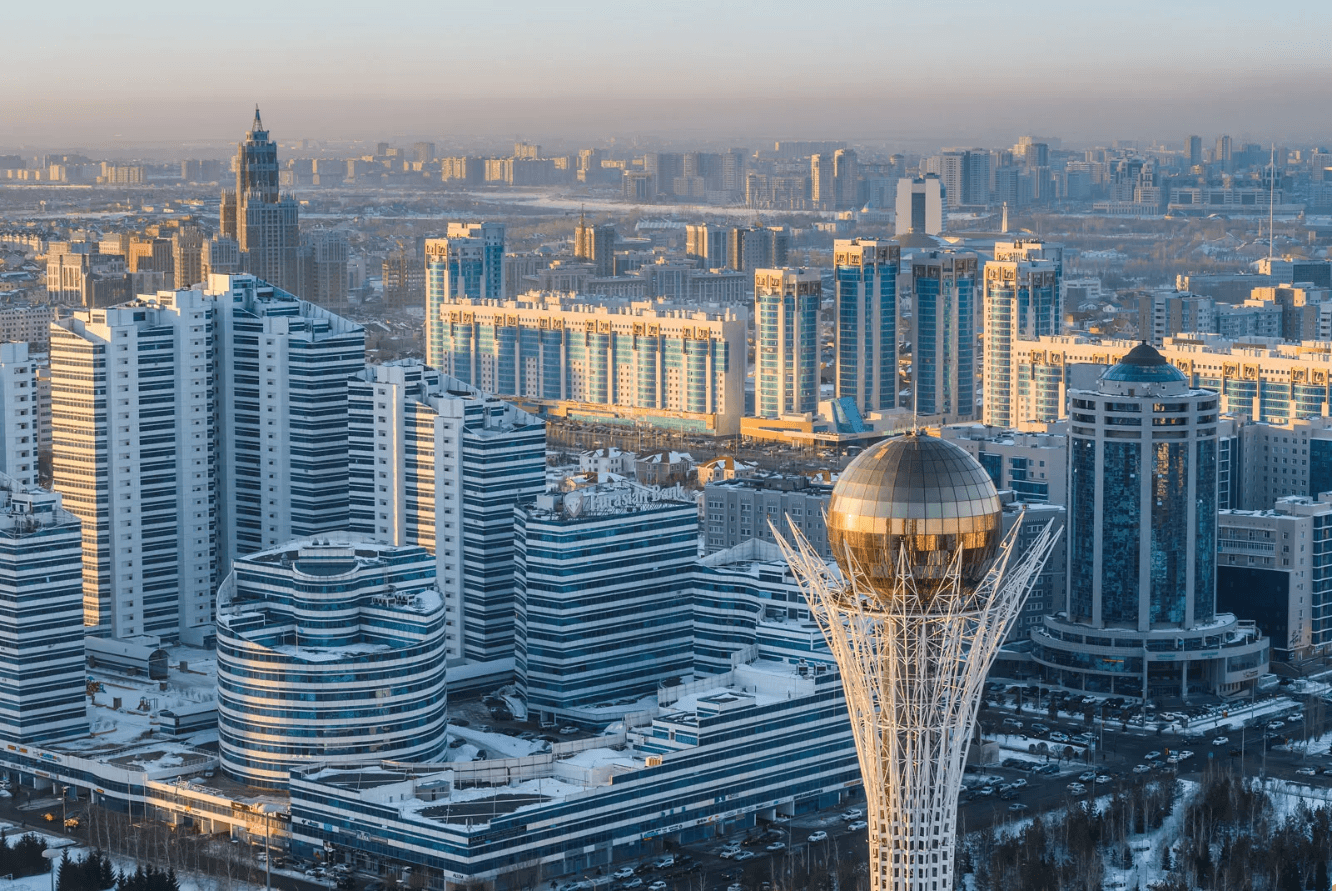
The current legal landscape
Advertising for online casinos, bookmakers, and betting pools was prohibited in Kazakhstan in 2024 for all types of media, including print, films, and the internet. It is now illegal to promote gambling in any way, and the maximum fine is 200,000 KZT (about $420). These sanctions, however, have not been enough to discourage recurrent infractions, especially by well-known individuals.
Why are influencers now targeted?
Social media influencers have emerged as a key channel for offshore gambling platforms to reach audiences in Kazakhstan. The Financial Monitoring Agency (FMA) has identified thirty-four individuals promoting such services this year, with eleven already fined. Despite penalties, the activity persists.
The financial gains from promoting gambling often exceed the cost of penalties, making violations a calculated risk for influencers. Some have been fined repeatedly, treating the penalties as routine expenses while continuing to endorse illegal platforms.
The proposal for criminal penalties
The Financial Monitoring Agency (FMA) of Kazakhstan is thinking of redefining online gambling promotions as “aiding illegal gambling,” which would put it on a par with crimes like promoting pyramid schemes. Under existing laws for financial schemes, violators can face criminal records and imprisonment, offering a more stringent deterrent than current administrative fines.
If criminal penalties are introduced, influencers may face a choice between continuing gambling promotions and risking legal consequences. In addition to potential prosecution, they could lose public credibility and business partnerships.
Illegal operators’ tactics
Mirror websites and social media are used by operators to get around limitations and keep users engaged. Some regional payment processors continue handling these platforms’ transactions, enabling business to continue.
Cutting off financial transactions is essential to disrupting illegal gambling platforms. The Financial Monitoring Agency (FMA) is increasing oversight of payment providers to block funding channels.
Could this be a turning point?
Over the past two and a half years, 205 underground casinos have been shut down, and 224 individuals involved in their operations have faced criminal charges. In 2025 alone, more than seventeen thousand gambling-related links, primarily mirror sites, have been blocked. The authorities will consider such actions under Part 5 of Article 28 of Kazakhstan’s Criminal Code, as aiding illegal gambling operations. Furthermore, the Agency has initiated the introduction of criminal liability for online casino advertising, similar to laws governing financial pyramid schemes.
Influencers are increasingly being investigated for increasing visibility, and enforcement is shifting from operators to promoters. By enforcing harsher sanctions, authorities hope to reduce unlawful promotions.
Criminal sanctions are imposed by nations like the UK and Australia for encouraging illegal online gambling. Adopting such enforcement strategies in tandem with public awareness campaigns could be beneficial for Kazakhstan.
Future of online gambling in Kazakhstan
Kazakhstan’s stance on illegal online gambling is changing. An increasingly forceful enforcement approach is indicated by the plan to impose criminal penalties on influencers. The law’s uniform application and the closing of financial loopholes will determine how effective it is. Law enforcement may adopt more proactive tactics, such as focused investigations, if criminal consequences are implemented. Artificial intelligence (AI) and monitoring techniques could improve the identification and blocking of illicit gaming content.



 2025-09-03
2025-09-03















